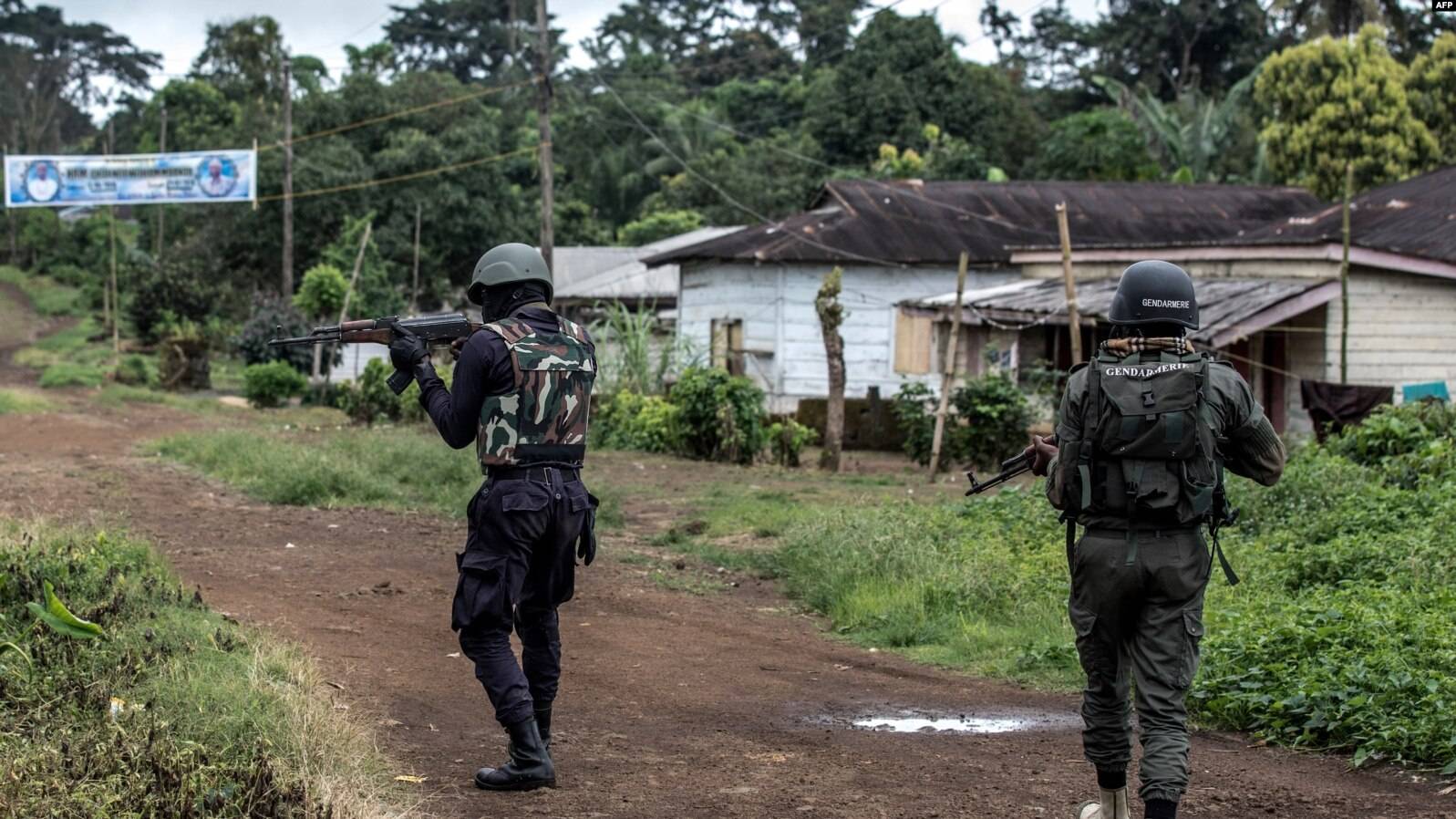YAOUNDÉ, Cameroon – President Ibrahim Boubacar Keita of Mali is set to begin his second five year-term on September 4 after the constitutional court on August 16 confirmed his victory in the August 12 presidential runoff with 67.2 percent of the vote.
Opposition candidate Soumaila Cisse, while receiving 32.8 percent of the vote, says he could have won the poll by 51 percent if not for what he claims was ballot stuffing and other cheating by the Keita camp.
Despite these claims, election observers – including Caritas Mali – said the vote was fair and reflected the will of the electorate.
“The second round of voting in the presidential election took place in good conditions. The dysfunctions noticed were not in the nature to affect the outcome of the ballot in the polling stations we observed,” said Theodore Togo, the Caritas secretary general who served as the head of the Caritas observer mission.
Since 2013, Caritas has been involved in elections monitoring in the troubled African country. It deployed 353 observers during that year’s presidential election, and 428 during legislative elections in the same year.
The Catholic charity was supported in its poll-watching by its partners Secours Catholique France, Caritas Spain, and MISEREOR – the German Catholic Bishops’ Organisation for Development Cooperation.
The Catholic organizations deployed 513 election observers and supervisors at 692 polling stations in 167 of 703 communes in the country.
“Generally, the polling booths where our observers were present opened and closed in time,” Togo said.
He did mention several polling places in the central Mopti region had to be relocated and opened late, and that poor lighting in some locations made counting difficult.
The observers also noted that election material was present in a majority of the polling stations as well as the presence of officials from the various competing political parties but critiqued the absence of electoral lists in some polling stations, and the poor quality of indelible ink in others.
Yet, the few shortcomings noticeable weren’t enough to discredit the outcome of the ballot, according to Caritas.
The charity says the conduct of the second round demonstrates a sustained effort to do away with the loopholes noticeable in the first round of balloting that took place on July 29. The organization wasn’t happy with the low voter turnout but said this too can be understood against the backdrop of terrorist threats.
In the end, more than 2.7 million Malians went to the polls in the second round, representing 34 percent of registered voters.
Small Catholic community a force for peace in Muslim-majority country
Mali lies within the Sahel, the semi-arid region dividing the Sahara from the rest of sub-Saharan Africa. The country is 90 percent Muslim and only 5 percent Christian (half of these are Catholic.)
In 2013, French troops joined Malian soldiers in efforts to free the north of the country that had been overrun by Jihadist groups linked to al Qaeda, but while that effort was underway, other terrorist groups turned to the Sahel region of Central and Southern Mali.
The UN has said the humanitarian and human rights situation in Mali has “deteriorated,” with more people already killed in the country so far this year than in all of 2017. Over 650 schools have been shuttered by terrorists, under the slogan that “there should be no education but Islam.”
Despite its small size, the Catholic Church in the country has been leading efforts for peace.
Pope Francis showed his solidarity with the people of Mali when he made Archbishop Jean Zerbo a cardinal on June 28, 2017. The archbishop of the Malian capital Bamako, Zerbo is the first cardinal from the country.
On July 23, a week before the first round of the presidential vote, Zerbo helped organize a ‘civic responsibility day’ with other Christian leaders. The cardinal said Malians “only had one ambition: That of peace.”
“We must not because of political interests, lose our culture, factor of social cohesion and fraternal links,” he said.
Zerbo said it was necessary for all to recognize “what is going on in the hearts of Malians in view of what they had suffered.”
“We’ve got orphans, widows, old people with no assistance in our country … We should think about all those we have lost: Soldiers, civilians, traders, travelers, since 2012,” the cardinal continued.
Recommendations from Caritas for electoral process
The Caritas observer mission has rolled out a range of recommendations designed to improve on the country’s electoral process and its democracy.
To ensure electoral transparency, the mission calls on the government to revise the electoral code to make certain the publication of results polling station by polling station; improve relations between the ministry and political parties and the civil society as well as train and empower polling agents.
They also called on any party disputing the conduct or results of an election to use only legal channels to address their grievances and resist inflammatory language that could imperil Mali’s fragile peace.
















